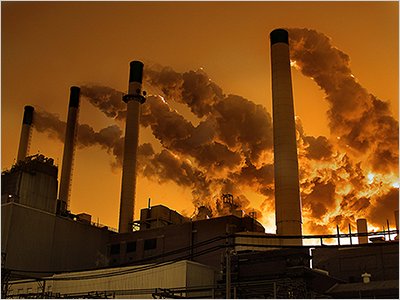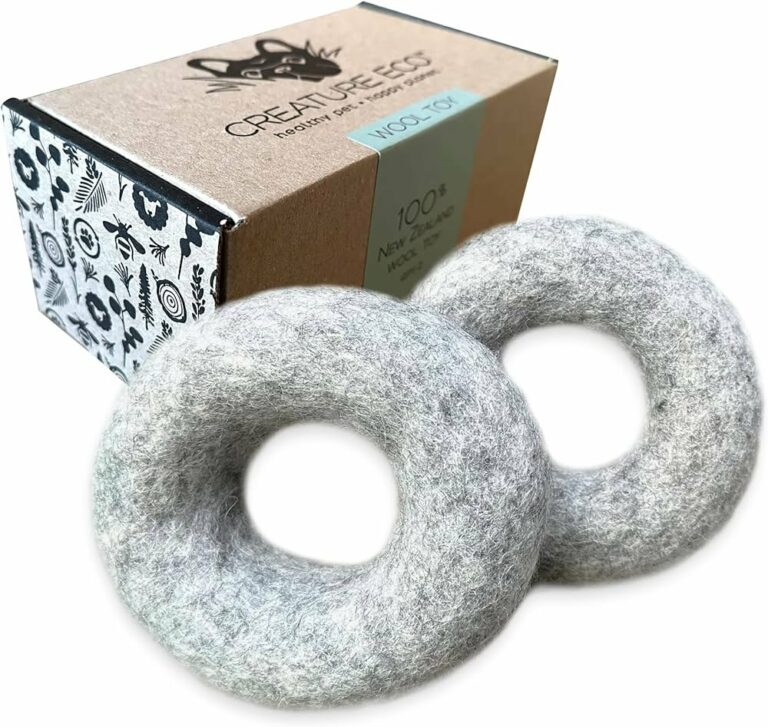Are Brick Homes More Energy Efficient?
Are brick homes more energy efficient? That’s a question many homeowners ponder when considering building or purchasing a new house. And the answer is a resounding yes! Brick homes offer numerous benefits, including superior insulation properties that help to reduce energy consumption and save you money on heating and cooling bills.
But energy efficiency is just one aspect of the many advantages that brick homes have to offer. In this article, we will dive deeper into the reasons why brick homes are a smart choice for those seeking both comfort and sustainability. So, let’s explore the world of brick homes and discover why they are more energy efficient.
Are Brick Homes More Energy Efficient?
Throughout the years, the topic of energy efficiency has gained significant attention in the construction industry. With the rising concern for environmental sustainability and the need to reduce energy consumption, homeowners are increasingly looking for ways to make their homes more energy efficient.
One debated aspect in this regard is whether brick homes are more energy efficient compared to other types of construction materials. In this article, we will delve into the various factors that contribute to energy efficiency in homes and explore the advantages and considerations related to brick homes.
The Thermal Mass Advantage
One of the key reasons why brick homes are often touted as energy-efficient is their thermal mass. The thermal mass refers to a material’s ability to absorb and store heat energy. Bricks possess high thermal mass, which means they can absorb heat during the day and release it slowly at night, helping to stabilize indoor temperatures. This characteristic can reduce the need for excessive heating or cooling, leading to energy savings in the long run.
Insulation and Energy Efficiency:
While brick’s thermal mass offers benefits, it’s important to note that some additional measures are required to maximize energy efficiency in brick homes. Insulation plays a crucial role in reducing heat transfer and improving energy performance.
Insulating materials, such as foam or fiberglass, can be installed within the wall cavities of brick homes to enhance their insulating properties. By combining the thermal mass of bricks with proper insulation, homeowners can create a more energy-efficient living space.
Reduced Air Leakage:
Brick homes are known for their tight seals, which can help minimize air leakage. Properly constructed brick walls combined with appropriate sealing techniques can significantly reduce the amount of air that enters or escapes the home.
This decreased air leakage decreases the workload on heating and cooling systems, resulting in energy savings.
Energy Efficiency Considerations for Brick Homes
While brick homes offer inherent advantages in terms of energy efficiency, several factors should be considered when evaluating their overall performance. These factors include:
Geographic Location
The geographic location of a brick home can influence its energy efficiency. In warmer climates, brick homes may require additional insulation and shading techniques to prevent excessive heat gain. Conversely, in colder climates, the thermal mass of the bricks can help retain heat, reducing the heating requirements.
Orientation and Design
The orientation and design of a brick home can impact its energy efficiency. Strategically placing windows and employing design techniques that maximize natural light and airflow can reduce the reliance on artificial lighting and mechanical ventilation. Additionally, incorporating passive solar design principles, such as large south-facing windows, can enhance the thermal performance of a brick home.
Maintenance and Upkeep
To ensure optimal energy efficiency, proper maintenance and upkeep of a brick home are crucial. Over time, cracks or gaps may develop in the mortar joints, compromising the insulation and energy-saving capabilities of the bricks. Regular inspections and timely repairs are necessary to maintain the energy efficiency of a brick home.
Comparing Brick Homes to Other Construction Materials
While brick homes have their advantages in terms of energy efficiency, it is essential to compare them to other construction materials to gain a comprehensive understanding. Here are some comparisons:
Wooden Homes
Wooden homes have their own set of advantages and considerations when it comes to energy efficiency. Wood is a natural insulator and can provide good thermal performance. However, wood is susceptible to moisture and requires regular maintenance to prevent decay or infestations. Additionally, wood has a lower thermal mass than bricks, limiting its ability to regulate temperature fluctuations.
Concrete Homes
Concrete homes also offer unique qualities in terms of energy efficiency. Concrete has high thermal mass, similar to brick, but it has a slower heat transfer rate. Concrete homes can take longer to heat up or cool down, providing a stable and comfortable indoor environment. However, concrete construction requires careful insulation and waterproofing to prevent energy loss through cracks or gaps.
Insulated Panel Homes
Insulated panel homes have gained popularity for their energy efficiency. These homes use prefabricated panels with built-in insulation and airtightness, reducing the risk of air leakage and heat loss. While this construction method can be highly efficient, it may limit design flexibility and require specialized expertise during installation.
Special Agent Brick | Ep 005 – A brick home is energy efficient
Frequently Asked Questions
Are brick homes more energy efficient?
Brick homes are known for their durability, aesthetics, and insulation properties, making them more energy efficient compared to other types of construction materials. Here are some reasons why:
Do brick homes have better insulation?
Yes, brick homes have better insulation because bricks have high thermal mass, meaning they can absorb and store heat from the sun during the day and release it slowly at night. This helps regulate the indoor temperature and reduces the need for excessive heating or cooling.
Do brick walls help in energy savings?
Indeed, brick walls contribute to energy savings due to their insulation capabilities. The insulating properties of bricks reduce heat transfer, keeping the interior cooler in summer and warmer in winter. This reduces the reliance on heating or cooling systems, resulting in lower energy consumption and cost savings.
Are there any additional benefits of brick homes in terms of energy efficiency?
Apart from insulation, brick homes offer additional benefits in terms of energy efficiency. The thermal mass of bricks can help dampen temperature fluctuations, creating a more comfortable living environment. Additionally, brick homes tend to have fewer air leaks compared to other construction materials, reducing drafts and improving energy efficiency.
How do brick homes compare to homes made of other materials in terms of energy efficiency?
Brick homes generally outperform homes made of other materials, such as wood or vinyl, in terms of energy efficiency. The high thermal mass and insulation properties of bricks provide better regulation of indoor temperature, resulting in reduced energy consumption and increased comfort.
Can brick homes help reduce energy bills?
Yes, brick homes can help reduce energy bills. The energy efficiency of brick homes means less reliance on heating and cooling systems, resulting in cost savings on energy bills. The insulation properties of bricks also help maintain a more consistent indoor temperature, reducing the need for frequent adjustments to heating or cooling settings.
Final Thoughts
Brick homes offer a range of benefits, including their potential for increased energy efficiency. Their thermal mass properties allow them to absorb and store heat, reducing the need for excessive heating or cooling. Additionally, brick’s insulating qualities can help maintain a consistent indoor temperature. While other factors, such as insulation and design, also influence a home’s energy efficiency, brick homes have demonstrated the potential to minimize energy consumption. When considering the overall sustainability and long-term cost savings, brick homes prove to be a promising option for energy-conscious individuals seeking efficient housing solutions.


